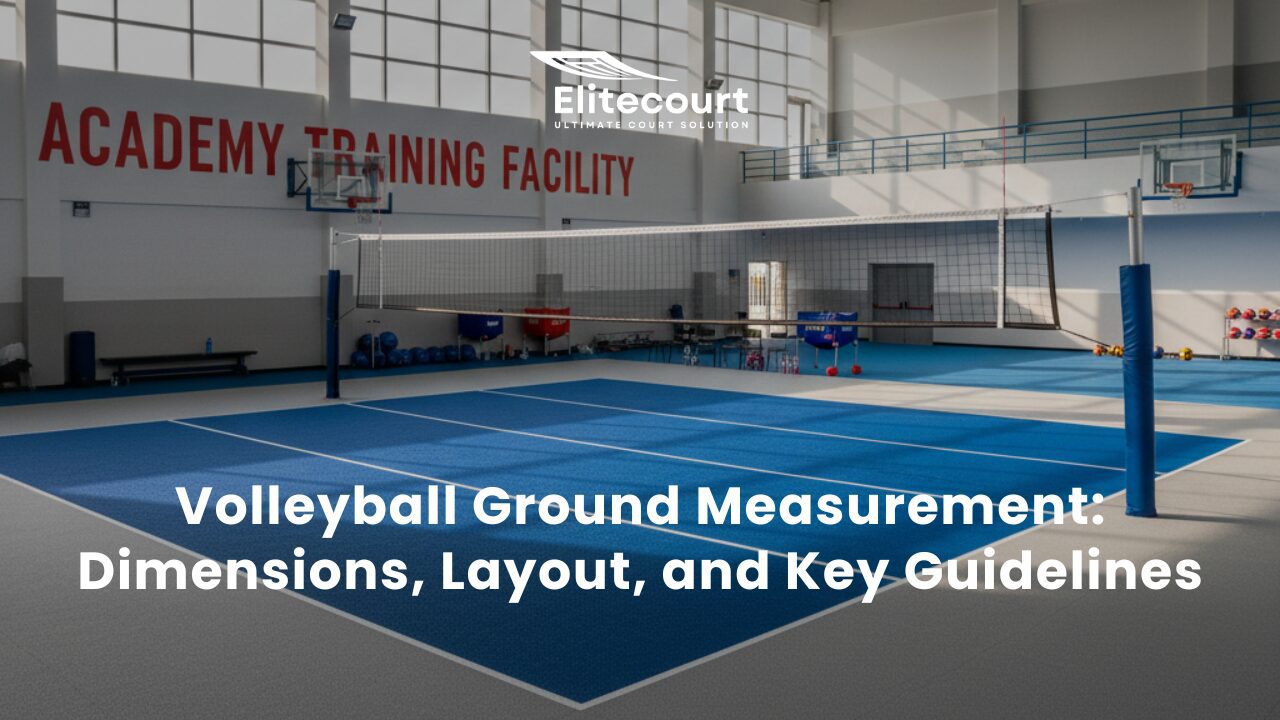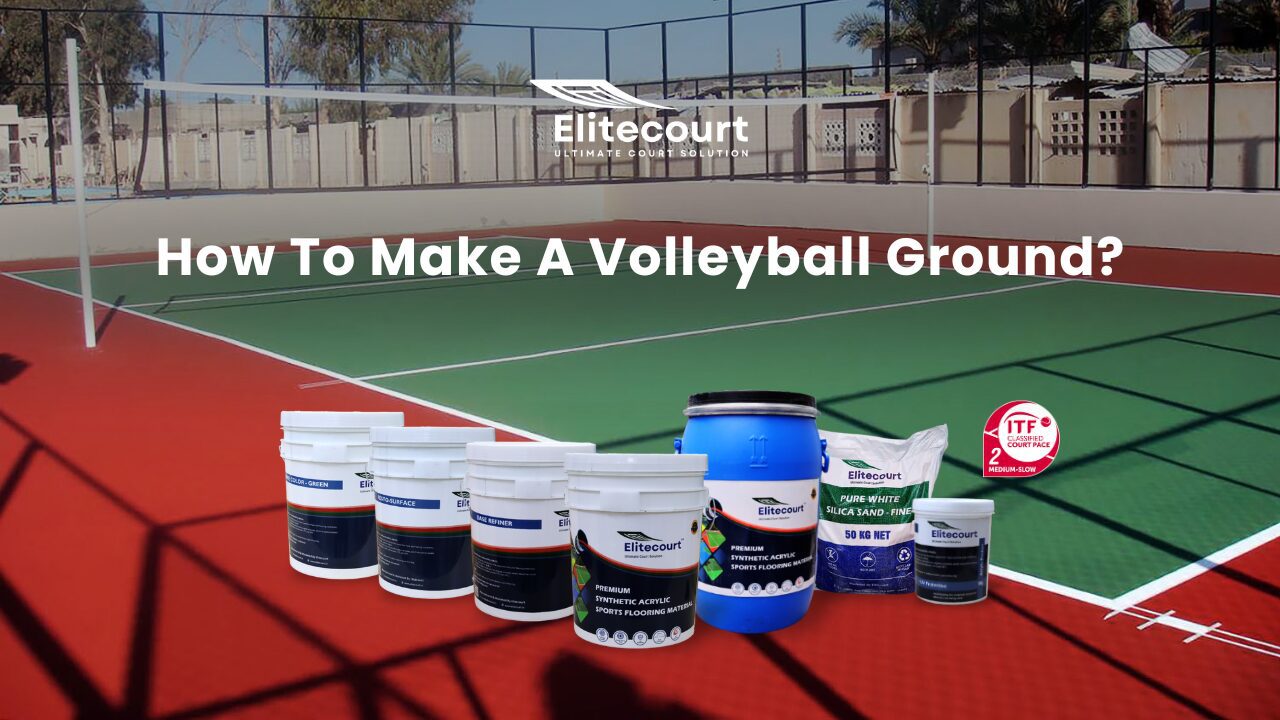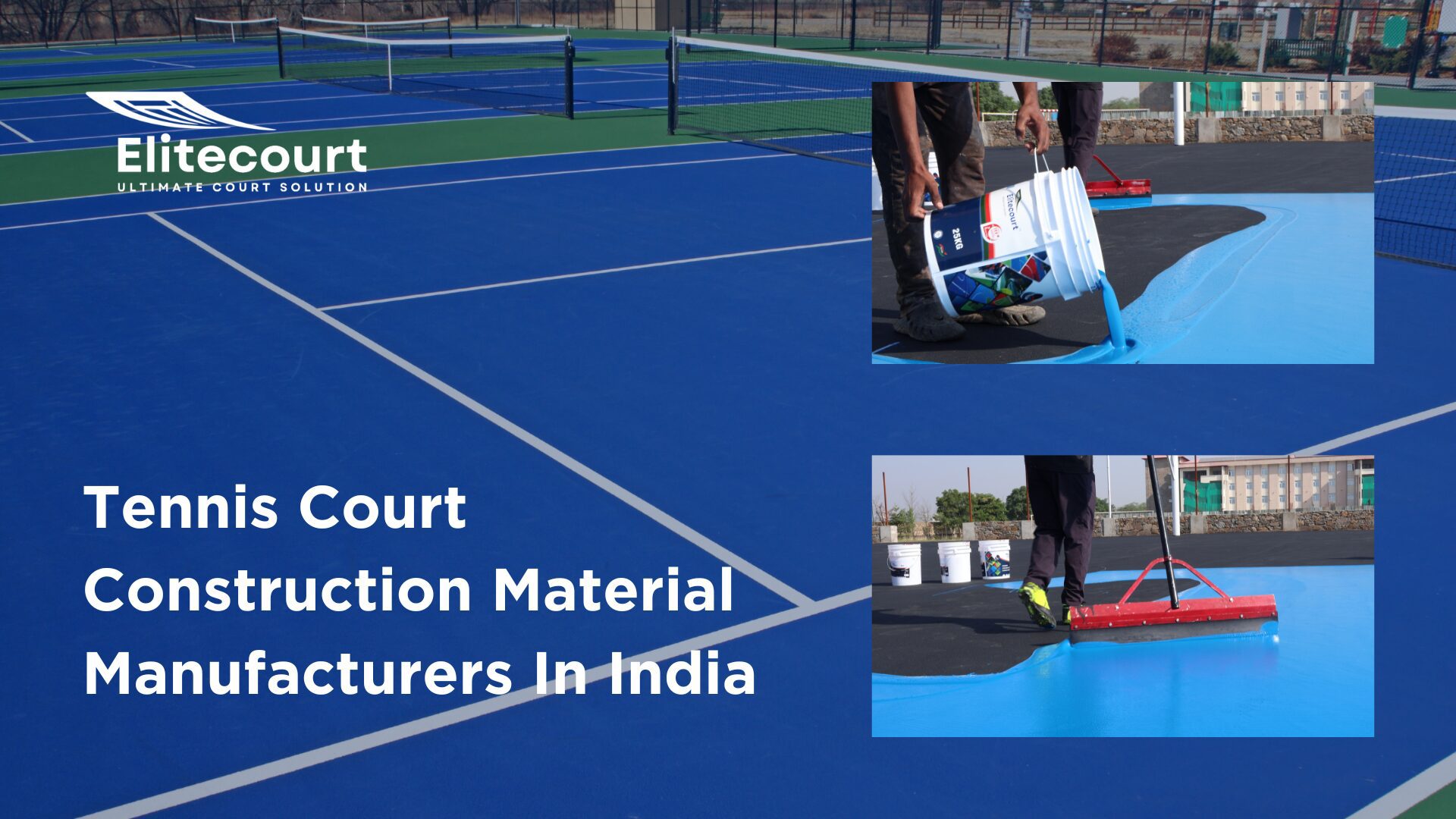What is the length of a tennis court?
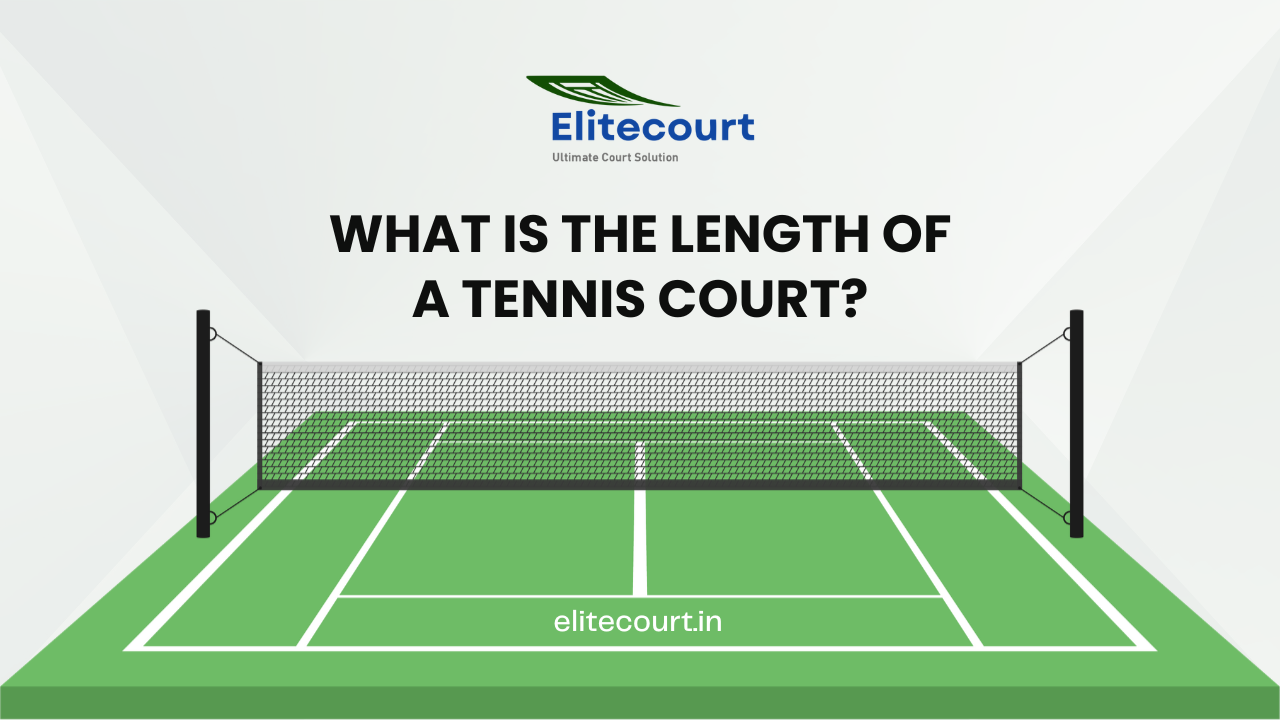
Table of Contents
Tennis, a sport of precision and skill, is played on a court with specific dimensions that significantly influence gameplay. Among these critical measurements, the length of the tennis court stands as a fundamental parameter. Understanding the significance of court length not only contributes to the game’s essence but also aligns with the manufacturing standards upheld by companies like Elitecourt.
Introduction
Tennis court dimensions are crucial to the essence of the game. The standardization of court measurements ensures fairness in gameplay, making it imperative to delve into the specifics of court length. This article explores the depth of tennis court dimensions, particularly focusing on the essentiality of court length, offering insights into its relevance for players and manufacturers alike.
Standard Tennis Court Dimensions
According to the International Tennis Federation (ITF), a standard tennis court’s dimensions stand at 78 feet (23.77 meters) in length for singles matches and 36 feet (10.97 meters) in width for doubles matches. These standardized measurements ensure consistency across the sport globally. Factors like player mobility and strategic gameplay heavily influence court length.
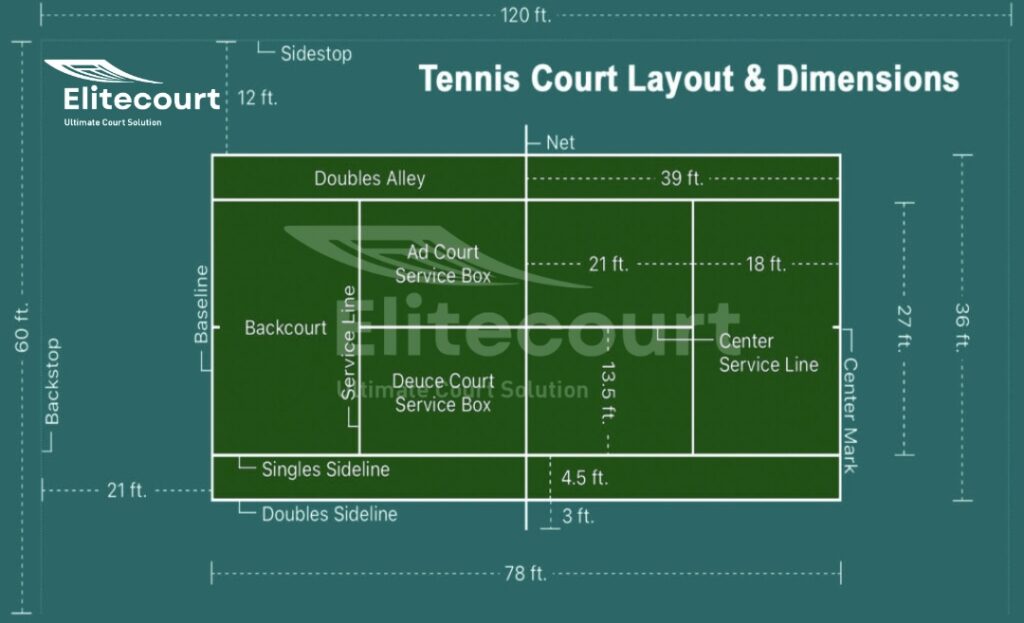
Length Measurement in Tennis Courts
Understanding the breakdown of court length for singles and doubles matches is crucial. The variation in court length impacts the pace of the game, player positioning, and the dynamics of rallies. It emphasizes the importance of precision in court construction to accommodate both singles and doubles play effectively.
Transform Your Sports Facility Today!
Contact us for high-quality synthetic sports flooring material and elevate your space!
Significance of Accurate Measurements
ITF regulations meticulously outline court specifications, stressing the importance of precise court length for competitive play. The accuracy in court construction ensures fair and consistent gameplay at all levels, aligning with Elitecourt’s commitment to quality and adherence to industry standards.
Evolution of Tennis Court Length
Throughout history, tennis court dimensions have undergone changes, influencing playing styles and strategies. Alterations in court length have contributed to shifts in the sport’s dynamics, showcasing the intricate relationship between court dimensions and the game’s evolution.
Construction of Synthetic Acrylic Sports Flooring
Elitecourt, an ITF Classified company, plays a pivotal role in manufacturing synthetic acrylic sports flooring material for tennis courts. The relationship between court length and the quality of flooring material is crucial in ensuring durability and optimal performance.
Transform Your Sports Facility Today!
Contact us for high-quality synthetic sports flooring material and elevate your space!
Maintenance and Considerations
Maintenance is key to prolonging the life of tennis courts. The court length impacts the durability of flooring materials, making it essential to adhere to proper maintenance practices, thereby extending the longevity of Elitecourt’s high-quality surfaces.
Technological Innovations
Advancements in court materials continue to evolve. Elitecourt’s innovative approach in developing cutting-edge surfaces aligns with the dynamic needs of players and the sport, showcasing a commitment to progress and excellence.
Effects of Court Length on Player Performance
Players adapt strategies based on court dimensions. Various surfaces and lengths demand different playing styles. Insights from players shed light on the correlation between court length and performance, highlighting its impact on gameplay strategies.
Transform Your Sports Facility Today!
Contact us for high-quality synthetic sports flooring material and elevate your space!
Future Trends and Adaptations
Anticipating future trends in tennis court dimensions is crucial. Elitecourt focuses on adapting to potential changes, ensuring their materials meet evolving standards and demands in the industry, reflecting a commitment to innovation and foresight.
Conclusion
In essence, the length of a tennis court stands as a crucial factor in shaping the game’s dynamics and strategies. Its significance resonates not only in the sport itself but also in the manufacturing of quality surfaces by Elitecourt, marking their commitment to excellence and innovation in the industry.
FAQs
Is there a standard size for all tennis courts worldwide?
Tennis courts generally follow ITF standards; however, variations might exist.
How does court length affect player performance?
Court length impacts movement, strategy, and the overall dynamics of the game.
Can Elitecourt’s materials accommodate different court lengths?
Elitecourt specializes in materials adaptable to various court dimensions.
What are the historical changes in tennis court lengths?
Tennis courts have seen alterations in dimensions, affecting playing styles over time.
How crucial is accurate court length in professional tournaments?
Accurate court length ensures fair and consistent gameplay at professional levels.

